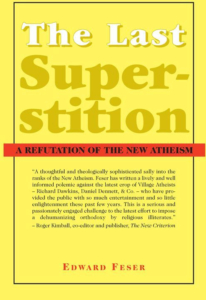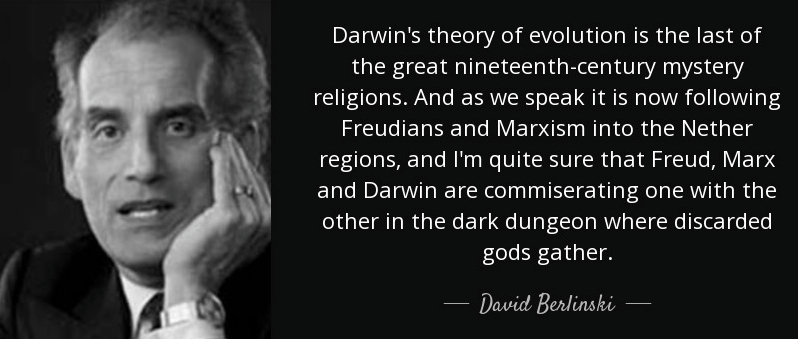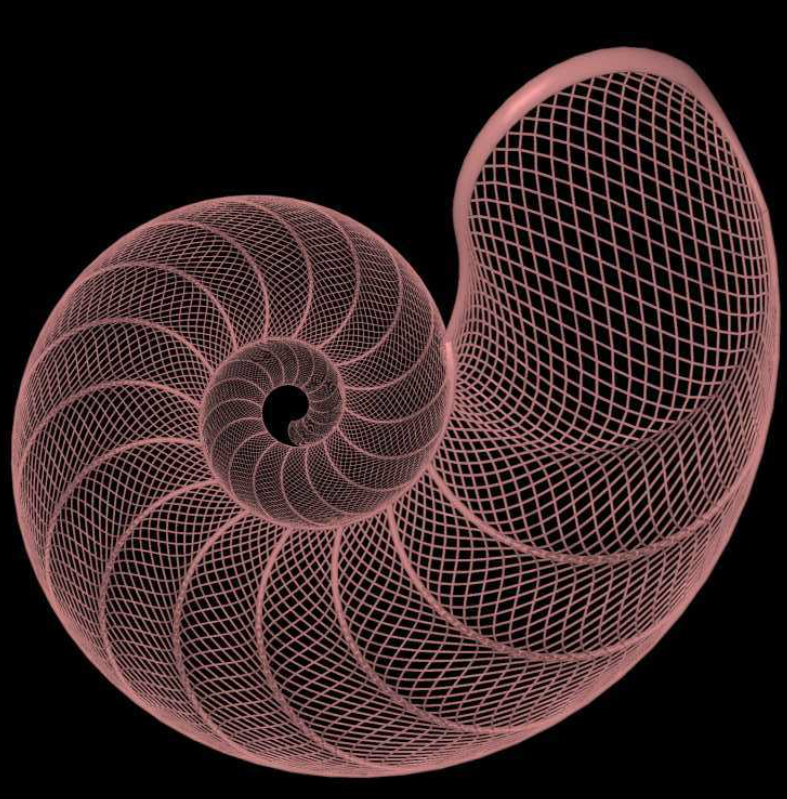
In my book “Is There a God?” I focus the discussion of the question of God’s existence regarding three major areas of reality and discuss how atheism and monotheism think about each area with respect to explaining them with or without God. In the book I describe the major tenets and arguments made by each side within each of three pivotal areas: (1) The Nature and Existence of Physical Reality, (2) The Design and Purpose of Physical reality, (3) The explanation of Morality. To put these three areas in simpler language by the way of questions:
- Why does the universe and the physical order exist?
- What explains the complexity and appearance of design in nature?
- Is morality real or just opinion and preference?
Atheism answers each of these questions based upon the fundamental assertion that there is nothing in reality except for material stuff. Accordingly, each of these three questions is answered fully and sufficiently by a reality without the supernatural or God. The Theist (believer in God), on the other hand, asserts that God is required to adequately answer these three questions. In the book I summarize the key arguments of both sides and seek to do so in a way that would make both sides reasonably proud. I reprint here the section The Nature and Existence of Physical Reality. Now what is most intriguing and provocative is the Theist’s assertion that that the Atheist position that all there is in reality is material stuff is simply impossible and illogical. I quote (myself):
Although some Theists may quibble with or even deny certain aspects of modern scientific understanding, that is not, where the true difference lies regarding the explanation for the physical universe. The argument is not with Darwinism or astrophysics, or origin of life theories, although some of those areas will come up in the next sections. On the topic of the nature and origin of the physical universe, the Theist will assert that it is simply impossible that all of reality and causation can be material in nature. Now that is indeed a dramatic claim and will raise many eyebrows, perhaps yours. How can one say such a thing? Is the Theist really saying that the common sense world of matter and energy is not sufficient to explain the universe and its nature and beginnings? In a word – Yes. Buckle up my friend; you are entering the world of metaphysical argument.
Here is the full section:
The Nature and Existence of Physical Reality
Why does the physical realm (the entire set of physical things that exist – that is the universe) exist and how did it arrive at this point in time? Was there a beginning to the physical realm or has it always existed? What is the explanation of change? Does everything have a cause? If there was a big bang that was the starting point of all the stuff in the universe as well as the laws of physics, what was before the bang? Was there nothing before the start? And if there was nothing before the start, how was there something after the start? And if there was something before the start, was there really a start at all? Is there something besides the physical realm that explains it? If there is can we really know about it, since we are physical beings? These are some of the questions that we can ask about the nature and existence of the physical universe.
These can be mind-boggling questions. They are also questions that are not answerable solely by means of observation and experiment. That is to say that they are questions that are not fully answerable by science. Now, I am a scientist by training and profession and I am truly impressed by what the scientific method has given to our understanding and to our quality of life. But it is also reasonable to say that these questions lie beyond the province of science.
Consider a star trek and beyond future. Imagine this future filled with amazing knowledge and technologies that revolutionize our existence with regards to energy (virtually unlimited), travel (light speed and beyond), computing power (a trillion times today’s speed), agriculture (bioengineered and plentiful), medicine (Nano robots patrol the body and fix us at the cell level and we also fully understand the human genome and genetic disease is repairable), etc. Even in this glorious future (or any beyond it) can you see that the questions in the above paragraph will not be fully answered by the discoveries of science? Despite this, can you also see that these are questions of nature and origin that still remain? In other words – reality has an explanation that is true (not a matter of opinion), and that explanation cannot be found by empirical science alone, no matter how advanced that science is.
How then are they addressed, if not by our senses? The answer is that the Atheist and the Theist address these basic questions about the nature and existence of physical reality using metaphysical reasoning and arguments. Metaphysics is thinking and reasoning that goes beyond the physically examinable, and hence the realm of science. Some of these metaphysical assumptions are very simple and so embedded in our common sense that we hardly notice that they are there. Here are a few examples: the world we receive by our senses is actually there; the world is intelligible to the human mind; the laws of nature will continue to operate the same way in the future; and events have causes. These four examples are the very basis of doing science and without them no science is possible. There are, of course, many other items of metaphysical topics that fill volumes of philosophy books and which can be quite complicated. We will examine a few along the way in this chapter. But the point is that both Theists and Atheists deploy metaphysical reasoning and assumptions in addition to empirical (physical) knowledge in reaching their positions about God.
Let’s first examine the Atheistic view concerning the nature and existence of physical reality.
Atheistic materialists look at the physical world and observe that everything that surrounds us is composed of matter (stuff) and energy (motion or the potential for motion). The scientific method is one of studying matter and energy and understanding in increasing detail its behavior and its composition. This is done through careful observation and by intentional experimentation. In experimentation science progresses by seeking to simplify interactions in a controlled way so that what is complex can be “taken apart” and understood. This “scientific” process has resulted in impressive gains in understanding of the composition of things and how they function and interact. This understanding has progressed incredibly in the past century and has resulted in mathematical descriptions of the behavior of nature that we call “laws”. These laws allow us to predict the behavior of simple physical systems and create incredibly useful tools that have revolutionized the quality of life we experience. Truly the middle-class today enjoys conveniences and comforts unavailable to the richest kings of a hundred years ago.
Something pretty mysterious had to give rise to the origin of the universe ― Richard Dawkins
The materialist rightly points out that the advances of science have replaced many previous and primitive understandings of nature. The world is no longer flat. Organisms and not spirits cause disease. Inheritance is driven by genetic codes common to all forms of life. Life evolves and progresses from the simple to the most complex by genetic mutation combined with the creative filtering of survival. Many other examples could be listed. Because so much advancement has taken place, it seems evident that science now truly allows a completely material explanation for all of reality and that any form of supernatural or non-physical explanation is completely un-needed and indeed superfluous. As Richard Dawkins puts it: “Darwin has made it possible to be an intellectually fulfilled atheist”. When it comes to questions of origins of life and the universe itself (the big bang) the Atheist Materialist admits that we don’t yet understand, but is confident that when we do, these origins will be found to be completely explained by material stuff and interactions. No supernatural or God required. In fact they would say that to insert a supernatural entity is to give up on science, and to merely substitute one mystery for another one – the mystery of how God came to be in all “His” complexity.
The view of the Theist is very different.
Although some Theists may quibble with or even deny certain aspects of modern scientific understanding, that is not, where the true difference lies regarding the explanation for the physical universe. The argument is not with Darwinism or astrophysics, or origin of life theories, although some of those areas will come up in the next sections. On the topic of the nature and origin of the physical universe, the Theist will assert that it is simply impossible that all of reality and causation can be material in nature. Now that is indeed a dramatic claim and will raise many eyebrows, perhaps yours. How can one say such a thing? Is the Theist really saying that the common sense world of matter and energy is not sufficient to explain the universe and its nature and beginnings? In a word – Yes. Buckle up my friend; you are entering the world of metaphysical argument.
Many of the arguments that are most foundational to the belief in God as the explanation of the universe go back to the ancient Greeks, including Plato and especially Aristotle. These men and others thought very deeply about the nature and explanation of the universe. Thomas Aquinas then carried these arguments (especially those of Aristotle) forward in the 13th century. The interesting thing about these arguments is that they are metaphysical – beyond the realm of physical understanding. Now, this may seem quite foreign to us here in the 21st century. Philosophical (love of wisdom) thinking and arguments are not generally taught or understood in today’s world. Yet, as we discussed metaphysical conclusions underlie the practice of science (in fact, the materialist conclusion that “all of reality is material” is a metaphysical claim and not a scientific one). Likewise, the metaphysical arguments for God’s existence are particularly powerful in that they are not dependent upon or limited by any particular scientific (material) viewpoint or level of understanding. In other words, these arguments are just as valid in the Stone Age as in the star trek future we envisioned. It is a different playing field than science.
One such argument begins with the observation that all material objects move or change. It is their very nature. Every physical object in the universe that is or has been has moved or changed. Nothing in nature is exactly the same as it was in the past – everything is moving and changing. Another observation is that all these objects do not move or change themselves (which is hopefully obvious). They have the potential to be moved or changed, but when movement or change actually happens it is the result of being acted on by another object. So in any particular movement or change that we are considering, it is the result of an interaction with another thing. But this interaction happens at a point in time. Before the interaction the two things were (duh!) not interacting. So this results in a series of movements to explain the movement or change of the thing under consideration. The ball moved by bat moved by hand moved by the arm, etc. But here is the vital insight: you can’t have an unending series of moving things. Without a first mover, the whole chain of movement can’t occur. Let that sink in. Without a starting movement, you can never arrive at the present movement. You need a first mover that is not itself moved by something else. And something that moves and yet is not ever moved is not a material thing. This is an argument for God – the first mover. Note that science may describe with more precision what is moving and how, but that is immaterial (sorry for the pun) to this argument for God.
A very similar argument observes that everything in the universe has a cause or explanation. Likewise, each thing does not cause itself. Using similar logic to the first mover there must be a first cause, and that cause is itself not caused. So we not only have an unmoved mover we have an uncaused cause. This is God. People have tried unsuccessfully to refute these arguments. I refer you to Edward Feser’s excellent book “The Last Superstition: A Refutation of the New Atheism” for a much more complete treatment of these and other arguments.
It is necessary to posit something, which is necessary of itself, and has no cause of its necessity outside of itself but is the cause of necessity in other things. And all people call this thing God ― Thomas Aquinas
One more such argument to review is similar and concerns the origin of the universe as a whole. By similar reasoning as above one cannot have a universe that has forever been changing through an infinite (uncountable) series of steps. If that was the case then we could never have arrived at the present or any other moment. This (again) is the impossibility of an infinite regression. An example is warranted. If you borrow a cup of sugar from someone who likewise has to go borrow it and that goes on forever, well… no sugar for you! Similarly, if you end up living without end, you will never be of uncountable (infinite) age. You were born. You had a start. You are finite. Likewise, the universe must have had a beginning. Currently, science has identified this event as the big bang (approximately 14 billion years ago) – the beginning of the universe. What caused this explosive beginning, this amazing start of all material and movement? Same answer – the unmoved mover, the uncaused cause – God: the explanation of the nature and existence of physical reality.
See you next time in the blogosphere,
Will
Want to dig deeper on this topic?
I highly highly recommend Edward Feser’s excellent book “The Last Superstition: A Refutation of the New Atheism” for a much more complete treatment of these powerful metaphysical arguments for God’s existence. Not easy reading, but mind blowing.







